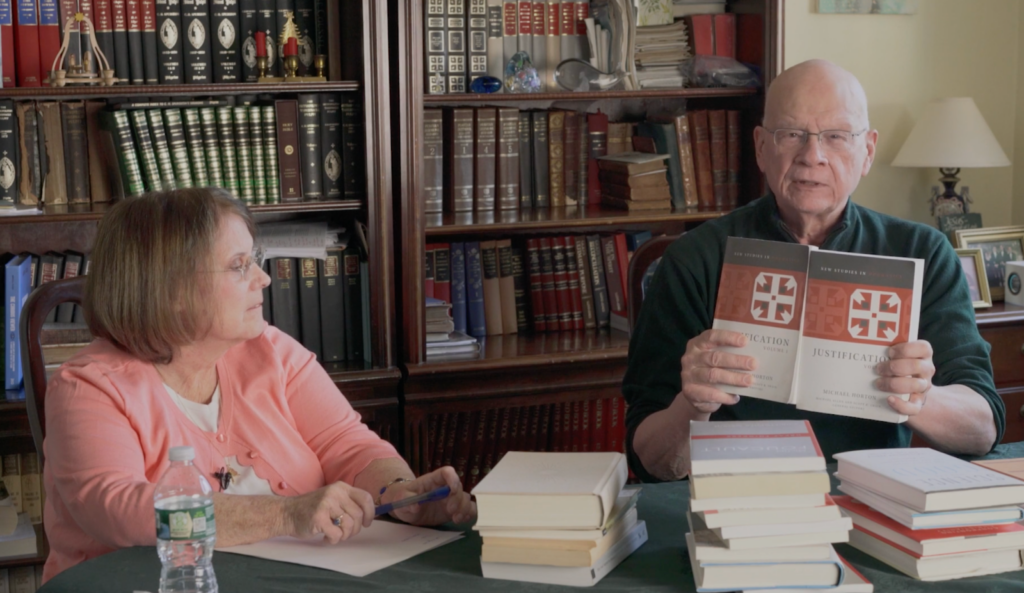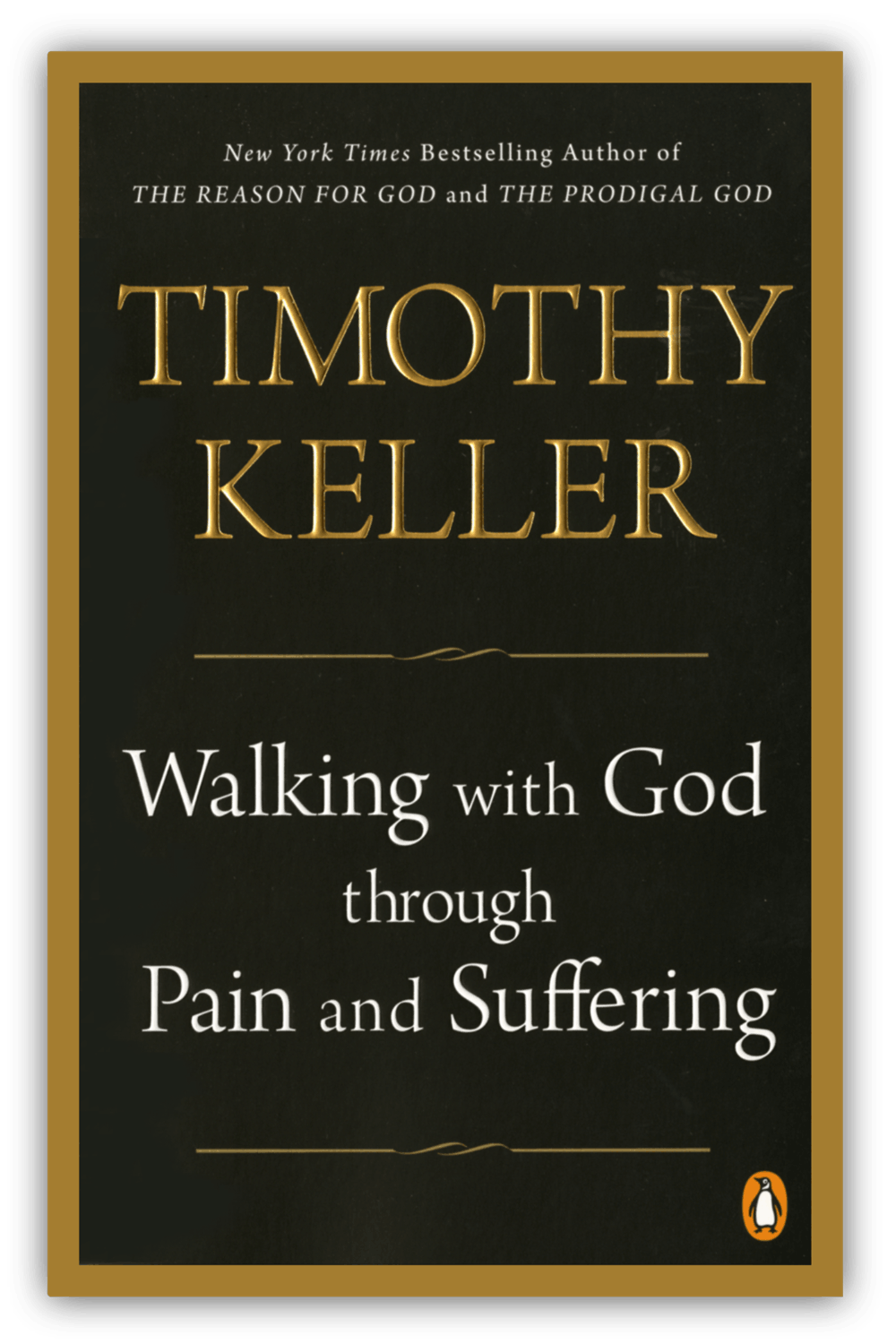Pastors and ministry leaders carry a heavy weight when caring for the needs of so many people in their congregation and surrounding community. As demand for mental health care increased, a team from Redeemer Counseling Services (RCS), a gospel-centered counseling center in New York City, interviewed pastors and faith leaders, who are often the first responders. The team wanted to assess how best to support these leaders as they walked alongside people in their brokenness and pain.
The RCS team heard the same thing over and over from New York City faith leaders: there was great need for more practical counseling skills than they had received in seminary or lay training, but no one had time to go back to school full-time for a counseling degree. These conversations helped form the Redeemer Counseling Fellows Program in 2017.
From September through May each year, 12 fellows receive semi-intensive training from professional, gospel-centered RCS counselors. The hope is that the leaders will take their training back to their communities to have a deeper understanding of the needs of others, as well as their own, and how to minister the gospel to bring heart change and emotional wellness. The counseling skills training shows ministry leaders how to create spaces where people can feel like they can be vulnerable, be known, and share deep things. Through this and other training opportunities, RCS envisions church culture that is a much safer, connected, compassionate environment—a place where God’s love is demonstrated and people are cared for well.

“At Redeemer Counseling,” says RCS Director of Equipping and Licensed Mental Health Counselor Ellen Lee, “we put psychology and the Gospel together with the emphasis on the Gospel being pre-eminent. However, in our Fellows Program, the training focuses more on practical counseling skills and deeper understanding of human behavior from psychology and research, simply because the people we are training are ministry leaders who know their Bible. They have many years of training in theology, but not more than a class or two on how to care for people well in pastoral ministry. They look to us for help to fill the gap–to make better sense of the particular dynamics of human brokenness, in light of what the Bible says—to better help people. They also want to learn best practices from experienced counselors of how to walk with people well in ways that foster deep healing and transformation.”
Some of these skills include listening well, asking good questions, knowing when to refer, knowing how to respond when abuse is reported, as well as helping people with grief and anxiety. The skills are beginning to transform communities as more emphasis is placed on heart change as well as biblical knowledge.
Lester Lin is a church planter and Redeemer Counseling Fellow. He has noticed how the training has shifted the way he and other ministry leaders at Elm Church in Queens serve the Elmhurst neighborhood. “In my 20 years of ministry, I have always felt like it is not good enough to just say, ‘I will pray for you.’ It is not good enough to just tell somebody who might have lost their loved one, ‘I hope you get better.’ I think these are terrible responses. I think there are better ways to respond to people who are going through grief and trauma. Understanding more of how to respond through the Fellows program was exciting for me.”
Lin speaks about his desire to better serve his community and how he is already seeing change. “I personally had moved to Elmhurst because I felt there is a mission ground there in Queens. It is such a diverse neighborhood. You often can’t just go to someone and talk about the Bible and expect true change, you have to actively build a relationship first and understand who they are and where they come from. Using what I’ve learned from the Fellows Program has really helped me and the other ministry leaders to do that. I needed to learn how to walk with someone dealing with brokenness or when someone is going through a lot of stress.”
“Elmhurst has over 140 languages spoken at the local hospital, and, in a 1-mile radius, there are 100,000 documented residents. Because of the high immigrant population, talking about your feelings is actually shunned—it’s not okay to talk about. So, when we bring in training and understanding of how to work with trauma, everyone has trauma as part of their history, so it resonates. We hear pastors and community members say, ‘Wow, this is incredible. We did not even know counseling existed.’ It is amazing that we can now talk about self-care, parenting, and relationship counseling to our community, which is so diverse.”
Lin shared one story of how the counseling training allowed him to connect deeper with someone who was not sure about getting baptized. “At one point, I stopped the catechism and just asked him why he thought he was getting stuck reading the Bible. The young man said back, ‘I feel like in order for me to know who God is, I need to have all these rules in place because I need to build myself up.’”
The young man connected with Lin as he continued to draw the man out of his shell with the techniques and Gospel-centered counseling approach he had learned. The two spoke about the young man’s upbringing, his parents’ high expectations and disapproval, and the way he viewed himself. Lin says, “At the end of the conversation, he said, ‘I guess I have to learn how to undo all of these rules because Jesus doesn’t need them.’ Lin was moved to tears. The young man decided he was ready for baptism. This is the heart change that counseling skills, rooted in the Gospel, can help provide to transform communities, person by person.
Redeemer Counseling Services is located in the heart of midtown Manhattan and serves more than 1,500 clients through 50+ counselors. If you would like to learn more about the Fellows Program and the RCS Open House in May, sign up for updates and resources at counseling.redeemer.com/update.




